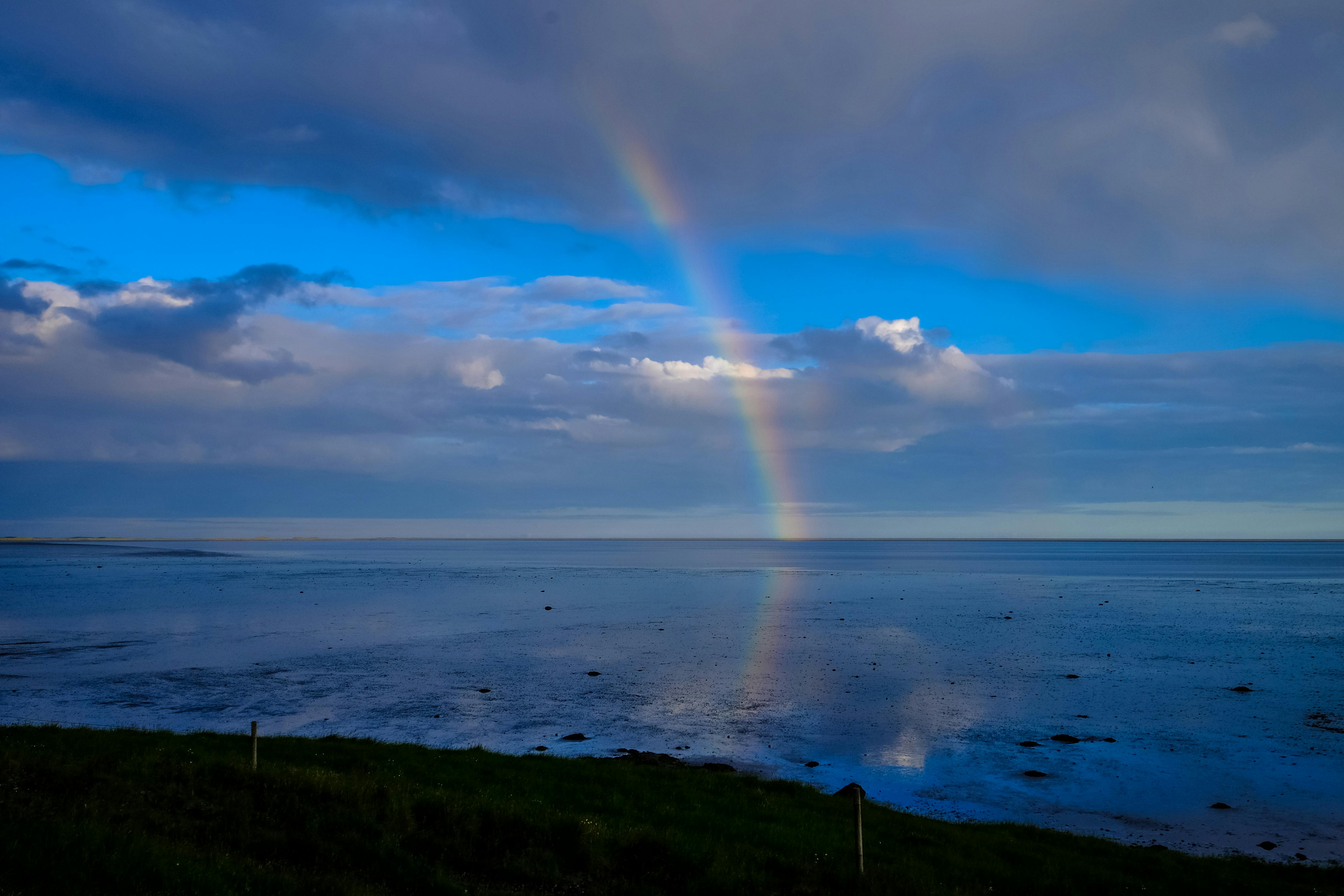Ocean Vuong just released "The Emperor of Gladness" – a novel about chosen family, unexpected friendship, and the stories we tell ourselves in order to survive. It's already received worldwide acclaim, with the Vietnamese American writer being hailed as one of the "elite few great novelists".
I find myself still haunted by the sorcery Vuong first conjured in his debut novel, On Earth We Are Briefly Gorgeous.
Vuong, born in Saigon and raised in the U.S. by a single mother who worked in a nail salon, has long carried the weight of generational trauma. A poet before he was a novelist, he understands language not just as communication but as a fragile, sacred inheritance. His writing bears the pulse of two cultures, two languages, and the longing to belong to both.
The New York Times
“A stunning, poetic novel that excavates the deepest wounds of the heart and reassembles them into a story of survival and grace.”
The Guardian
“Vuong’s writing is raw, lyrical, and intensely personal… a book that moves with the rhythms of memory and poetry.”
Los Angeles Times
“One of the most important voices of his generation. This novel is a searing portrait of what it means to grow up at the margins.”
The Washington Post
“Vuong is a master of language, turning trauma into beauty and silence into song. Every sentence feels like both a wound and a balm.”
Time Magazine (Top 10 Books of the Year)
“A lyrical narrative of love, loss, and survival that cements Vuong as a literary force.”

Image: slowking4 from Wikipedia Commons
Tragedy forges artists. In this case – Ocean Vuong who weaves a story from the ruinous fabric of war. Dedicated to his mother as a letter, the novel is an autobiographical account of his life.
But to contain it to a genre or a technical term is limiting and a sheer injustice to his craft. As I said, he is a sorcerer who has specialized in the art of words and put them together to form magic.
“In Vietnamese, the word for missing someone and remembering them is the same: nhớ. Sometimes, when you ask me over the phone, Có nhớ mẹ không? I flinch, thinking you meant, Do you remember me?
I miss you more than I remember you.”

Image: Paula Anne from Pexels
In his novel, he delves into crucial themes and explores their crevices:
Language and Silence: Vuong uses English, not his first language, to express what’s often untranslatable.
“To speak in a language not my own is to speak only partially.”
Masculinity and Violence: He navigates a world sick with love and hatred, trying to emerge as a man untouched by it.
“I wanted to be a man the way my mother wanted to be a woman: through will and work.”
Immigrant's struggle: His words – the words born of a vietnamese refugee's plight travel through the pages, building bridges between generations and cultures.
“The Vietnamese I own is the one you gave me, the one whose diction and syntax reach only the second-grade level. I think I write because my tongue was already broken.”
Queer Desire: A deeply wounding portrayal of first love, both tender and brutal.
“He was the first to teach me that tenderness was possible. That a man could be soft and still be good.”

Image Credit: Pixabay from Pexels
Ocean Vuong lays his heart bare on the pages bled in ink, raw and vulnerable, to give us an intimate glimpse into the life of a war refugee – both devastating and deeply enriching.
“I am writing because they told me to never start a sentence with because. But I wasn’t trying to make a sentence — I was trying to break free. Because freedom, I am told, is nothing but the distance between the hunter and its prey.”
Grappling with a traumatic childhood that extends into an equally turbulent adolescence, the novel explores themes of drug use and violence with brutal honesty. At the same time, it sheds a heavy light on LGBT, as the author navigates his own queer sexuality.
To define his storytelling and confine it to an adjective would be an understatement to his work, but if I had to, Poignant – the way he invokes prose to cater around his emotions and resonate with the readers, transforming every page turn into a feat of mesmerization and a series of epiphanies.

Image Credit: Francesco Ungaro from Pexels
“Did you know people get rich off of sadness? I want to meet the millionaire of American sadness. I want to look him in the eye, shake his hand, and say, ‘it’s been an honor to serve my country.’ ”
On Earth We Are Briefly Gorgeous is a testament to this generation’s literature, pushing the English language until it breaks and becomes more than words, morphing into nothing and everything.
Vuong’s brilliant creativity, paired with his emotionally profound experiences, births a beautifully woven vignette that lingers like a haunting melody, leaving an indelible mark on the soul.

Image Credit: Anderson Wei from Pexels
“Because the sunset, like survival, exists only on the verge of its own disappearing.”
Books like these remind us of who we are, of our existence, that we, too, are briefly gorgeous. In reading him, we are taught that feeling too deeply is not a weakness, but a proof of the soul inside.
If you are not on your way to grab the book, you are missing out my friend. Life can only be experienced in some rare moments, and this novel holds a universe of them.

















